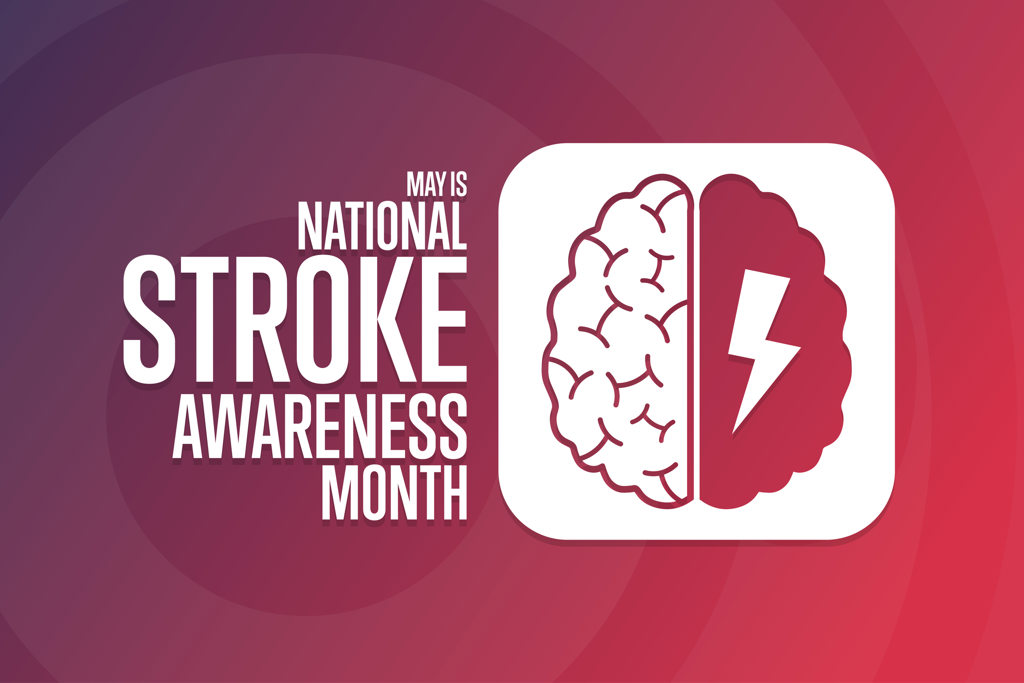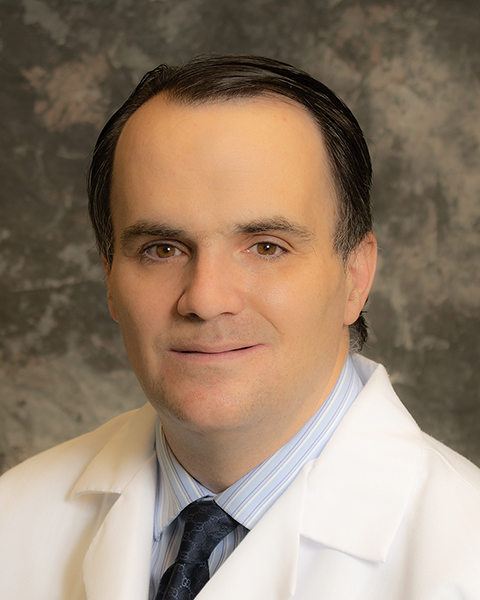When You Have a Stroke, ‘Time is Brain’

When a stroke occurs, oxygen is stopped from reaching parts of the brain. Approximately 2 million brain cells die every minute during a stroke, which can cause disabilities and even death. That is why healthcare providers use the phrase ‘time is brain’ — time is of the essence when treating a stroke.
“Seeking immediate care to restore blood flow and oxygen to the brain is critically important. Research shows that when treatment is administered in the first three hours after signs of a stroke, it greatly reduces or might even reverses the damage,” said James Pacelli, MD, a neurologist with Penn Highlands Neurology in DuBois.
According to the American Stroke Association, nearly nine out of every 10 strokes are ischemic strokes, which occur when a blood vessel becomes blocked. Hemorrhagic strokes, on the other hand, are caused by a blood vessel that becomes weak and breaks, causing bleeding in the brain.
What are the signs of a stroke?
Chances are you will not be able to recognize the signs of a stroke in yourself. It is usually someone else who notices. Because of that, it is important to be able to identify the signs. The easiest way to check for stroke is to remember BE FAST:
B: loss of balance
E: sudden changes in vision (eyes)
F: face droopiness, especially one-sided
A: weakness in one arm
S: speech difficulty
T: time is critical
What should I do if I think someone is having a stroke?
If you suspect someone is experiencing a stroke, call 911 immediately. Do not drive to the hospital. Paramedics are faster and can recognize when someone is in trouble and needs emergency assistance.
After you call 911, write down the time that symptoms started. This will give the emergency team the information they need to provide the best treatment. If you are not sure when the symptoms started, write down the time that the person last acted normally.
Once you document the time, help the person lie down and keep them on their side with their head slightly elevated, which will promote blood flow. Loosen any restrictive clothing to help them breathe easier, but do not pull on weakened limbs. If the person is unconscious, check their pulse. If you do not feel a pulse, begin CPR.
“There is one thing you should not do,” said Dr. Pacelli. “Do not give the person aspirin. While aspirin is appropriate for some strokes, it will make things worse for other strokes. Rather, wait until medical personnel arrive, who will determine the best course of treatment.”
Penn Highlands Healthcare offers expert stroke and rehab care throughout the region. All Penn Highlands Healthcare emergency rooms are prepared to identify and treat strokes as quickly as possible. Sometimes, patients may be stabilized at a local hospital then transported to a Primary Stroke Center. The primary stroke centers at Penn Highlands DuBois and Penn Highlands Mon Valley have been recognized by The Joint Commission and the American Heart Association/American Stroke Association for having dedicated stroke units staffed by experts providing specialized care. To learn more, visit www.phhealthcare.org/stroke.

